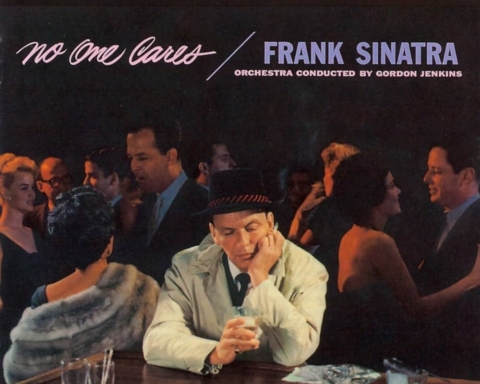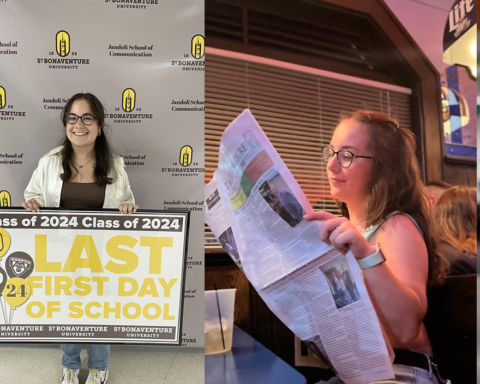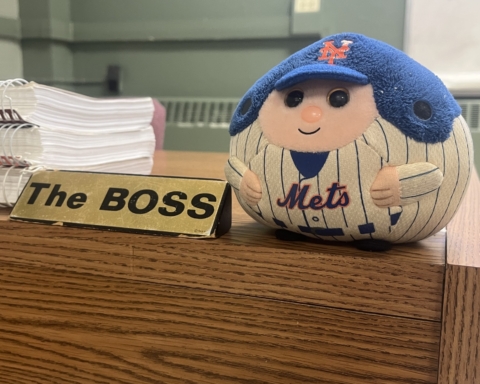Editor attends journalism conference in New York City
I went to New York City, and all I spent was six dollars. Seriously.
This isn’t some bad T-shirt slogan, but the truth. Last Friday, I headed out to the Big Apple with ten other students for the Joint Journalism and Communication History Conference (JJCHC). It’s the perfect example of how focusing on expanding the school’s academic reach for current and prospective students, rather than just doing projects on campus, would ultimately make Bonaventure more well-known and well-rounded as a student body.
The conference, held at New York University’s Arthur L. Carter Journalism Institute, brought industry professionals from all over the world to present their research and findings on communications and its immense history. Richard Lee, assistant professor of journalism and mass communication, and Anne Lee, assistant registrar and lecturer, had students from their respective Media and Democracy and Women, Minorities and the Media classes come to experience the conference and present their own findings from their class work in a presentation called “Mediation: An Instrument for Social Change In Print, on the Air and Online.”
We left Friday afternoon, spent the day at the JJCHC on Saturday and had the opportunity to explore the city later that night before heading back to Bonaventure on Sunday. Being in New York City and away from the Bona Bubble was a special experience in itself, but what made it even better was that the Russell J. Jandoli School of Journalism, under the support of Dean Pauline Hoffmann, was able to pay for the whole trip, including our lodging, transportation and food.
This generosity from my school truly made my fellow classmates and I feel significant, and it was nice for Bonaventure to be giving back to us, instead of emptying our pockets for tuition money. Academic departments should examine budgets and set money aside to organize more trips to conferences like this one in the future.
“I think it is incredibly important for students to be exposed to different circumstances,” Hoffmann said in an email. “Whether you ever plan to do academic research or, in this case, look at history, the sorts of experiences you get at conferences and other outlets is valuable … It helps to increase your world view.”
Traveling away from campus and going to conferences allows students to understand the world and what is going on within their chosen majors outside of the classroom. Students can study for tests and write essays constantly, but they need to also apply their knowledge off-campus and show others what they have learned. In addition, students should experience the world outside of Bonaventure and come to terms with how other places might be after graduation.
Some may say Bonaventure cannot afford for every school to take such trips, but in actuality it’s a matter of appropriating funds correctly and responsibly.
“I am going to have to weigh the benefit of each experience to determine if it is something we can fund,” Hoffmann said. “For example, this trip was rather inexpensive because everyone was able to drive and stay in a less expensive hotel, etc. If I had to pay for flights, we would have to limit the number of students. I prefer to offer the opportunity to everyone, if possible, rather than just those who may be able to afford it with their own funds.”
During my weekend in New York City, I had a day full of learning about my two favorite subjects – journalism and history. There are opportunities for students to attend conferences that relate to all of the academic departments on campus, and they should be taken advantage of.
“It not only looks good on your resume, but certainly looks good to prospective students,” Hoffmann said. “If we can say, not only do you get wonderful professors, but they may take you to conferences or work with you on research projects, that’s huge.”
Department budgets should be evaluated to set money aside for educational trips that not only affect and educate current Bonnies, but invest in recruiting future Bonnies as well.
Angel Roggie is an advisory editor for The Bona Venture. Her email roggieac10@bonaventure.edu.





